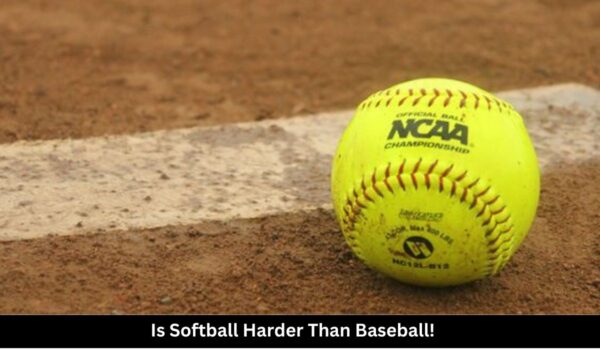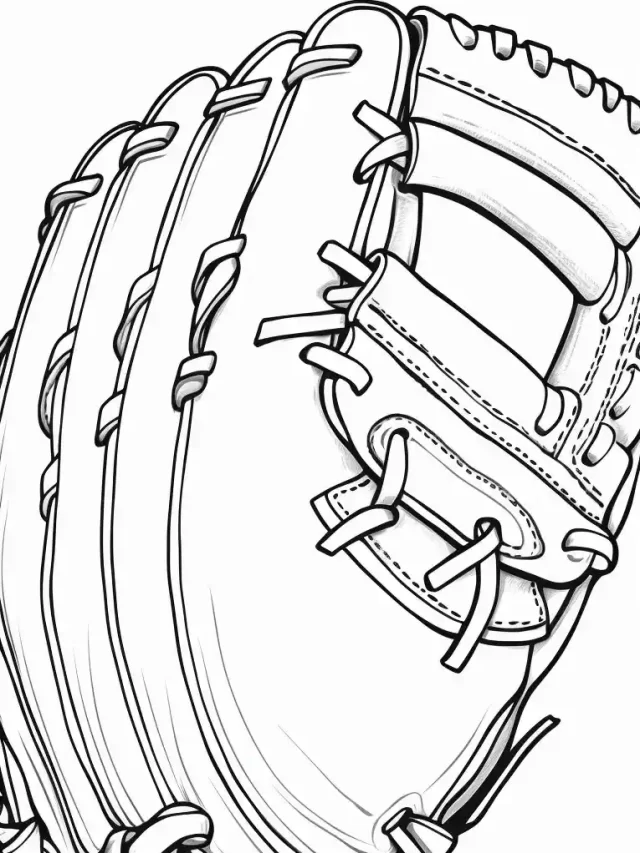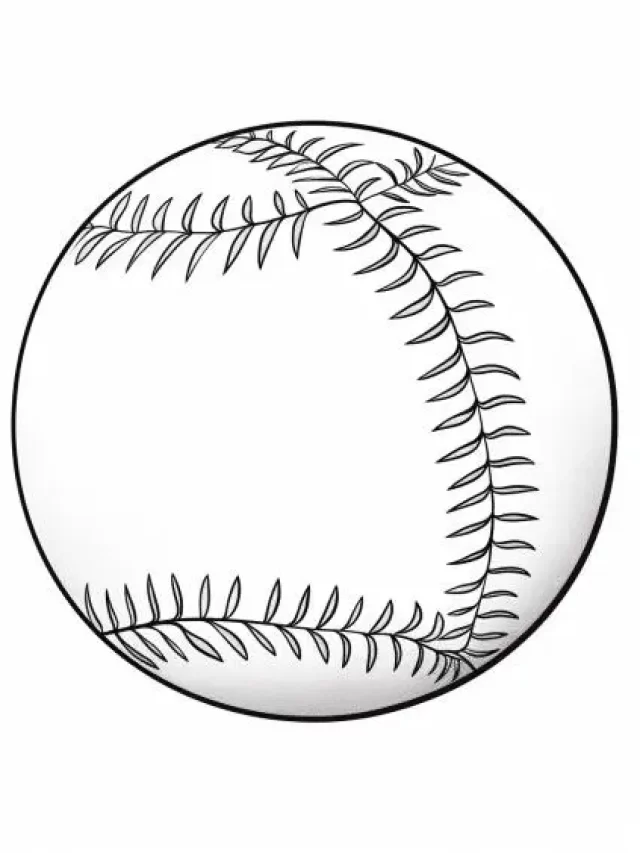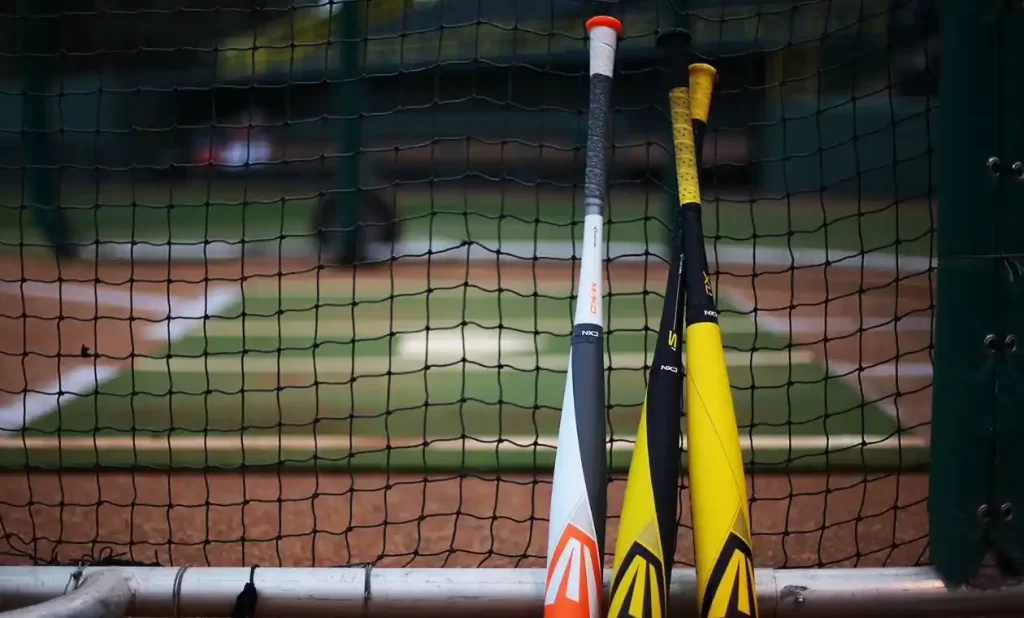
Have you ever found yourself caught in a heated debate about which sport is more challenging—softball or baseball? It’s a topic that has sparked countless discussions and divided opinions. As someone who has played both sports, I can attest to the unique difficulties and skills required in each. Today, we embark on a journey to explore the intricacies of softball and baseball, comparing their respective levels of difficulty and uncovering the truth behind this age-old question.
Key Takeaways:
- Softball and baseball both possess their own set of challenges and require exceptional skills.
- The differences in field size, ball dimensions, and pitching distances contribute to the distinct dynamics and difficulty levels of each sport.
- Softball and baseball demand high levels of talent, hand-eye coordination, and a commitment to continuous improvement.
- The question of whether softball is harder than baseball is subjective and depends on individual perspectives.
- Regardless of the sport you choose, both softball and baseball offer opportunities for growth, competition, and enjoyment.
Fundamentals and Metrics Analysis
Baseball and softball, although originating from similar roots, have distinct characteristics that set them apart in the realm of American sports. One of the key differences lies in the fundamentals and metrics of the two sports.
A baseball field boasts 90-foot baselines and a home plate-to-center field distance of approximately 400 feet, while a softball field features 60-foot baselines and a shorter distance between home plate and center field, typically ranging from 220 to 230 feet. These variations in field dimensions significantly impact the dynamics of the game.
Another notable dissimilarity lies in the size of the ball. Softballs are larger, with a circumference ranging from 10 to 12 inches, compared to baseballs, which range from 9 to 9 1/2 inches in circumference. By extension, the differences in ball size result in variations in weight and the way they are thrown, altering the strategies employed by players in both sports.
The unique challenges posed by these dissimilarities contribute to the development of specific skills in each sport. Baseball players must adapt to the greater field dimensions, longer baselines, and smaller ball size, while softball players must navigate the shorter distances and larger ball, requiring a different approach and skill set.
Key Differences and Challenging Aspects
When comparing softball challenges to baseball, there are several key differences that set these sports apart. One of the most significant differences is the pitching distance. In softball, pitchers release the ball from 43 feet away, while in baseball, pitchers throw from over 60 feet. This shorter distance in softball allows less time for batters to react, putting a premium on quick reflexes and hand-eye coordination. Conversely, baseball pitchers throw faster pitches from a greater distance, requiring batters to anticipate and adjust to the increased velocity.
Another distinguishing factor is the pitching style. Softball pitchers use an underhand motion, resulting in unique pitch movement and angles. This can pose a challenge for baseball players transitioning to softball, as they must adapt to the different release point and trajectory. The underhand pitch in softball adds an extra layer of complexity in terms of reading the ball and timing the swing.
Furthermore, the use of a larger and heavier softball compared to a baseball adds another dimension to the game. Softballs typically have a circumference of 10-12 inches, while baseballs range between 9 and 9 1/2 inches. The increased size and weight of the softball can make it more challenging to hit for power and accuracy. Additionally, softball has specific rules regarding bunting, which allows players to strategically advance baserunners. These rules give softball players a tactical advantage and require a high level of skill to execute successfully.
Overall, both softball and baseball demand high levels of skill, reaction time, and speed. While softball presents unique challenges compared to baseball, such as the pitching distance, style, and ball characteristics, both sports require athletes to possess exceptional abilities and a strong work ethic. In the end, the skill level required for softball versus baseball is equally demanding, albeit in different ways.
Conclusion
In conclusion, the question of which sport is more challenging – softball or baseball – does not have a definitive answer. Both sports require exceptional talent, hand-eye coordination, and a commitment to continuous improvement. Softball and baseball present unique challenges and require specific skills, such as hitting a spinning ball and reacting quickly on the field.
The difficulty of each sport is subjective and varies depending on individual perspectives. Some may find the shorter pitching distance and larger ball of softball more challenging, while others may prefer the longer pitching distance and faster pitches in baseball. It ultimately comes down to personal preference and the specific skill set of the athlete.
What remains certain is that both softball and baseball are immensely challenging and demand dedicated athletes to excel. Whether you choose softball or baseball, both sports offer opportunities for growth, intense competition, and the sheer joy of playing the game. So, whether you’re a fan of the diamond or the softball field, embrace the challenges, work hard, and experience the exhilaration of these amazing sports!
Source Links
- https://brucebolt.us/blogs/news/is-softball-harder-than-baseball
- https://www.theonlineclarion.com/top-stories/2020/10/14/is-baseball-actually-harder-than-softball/
- https://dc.swosu.edu/cgi/viewcontent.cgi?article=1321&context=sayre_student_anthology

Meet Daniel Anderson, the heart and soul behind Baseball Pro Picks. At 49, Daniel’s life has revolved around baseball, a passion that’s as strong today as it was when he first fell in love with the game. Living in the USA, Daniel has dedicated countless hours to watching, analyzing, and understanding every pitch, hit, and home run, making almost no game missed. His deep-rooted love for the sport is matched only by his commitment to sharing insightful, expert analysis with fellow baseball enthusiasts. With decades of experience and a keen eye for the game’s nuances, Daniel brings a unique perspective that enriches Baseball Pro Picks. Trust Daniel to guide you through the intricacies of baseball with the authority and trustworthiness of a true aficionado.












